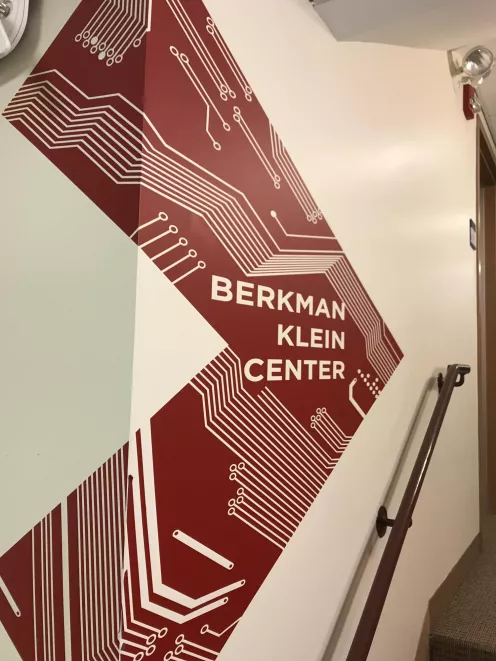
Berkman Klein Center Announces 2018-2019 Community

The Berkman Klein Center for Internet & Society at Harvard University today announced the incoming and returning fellows, faculty associates, and affiliates who together will form the core of the Center’s networked community in the 2018-2019 academic year.
The community contributes to the Center's mission of addressing issues at the intersection of technology and society, with a focus on impact in the public interest. Members of the Center’s community pursue a wide range of research methods, networking efforts, and educational activities, as well as coding, prototyping, and building.
"We’re delighted to serve as a collaborative platform and academic home for such an exceptional and diverse group of public interest-minded thinkers and builders from so many different backgrounds,” said Berkman Klein’s Executive Director Professor Urs Gasser. “In a critical time as ours, we reaffirm our commitment to work together in a respectful and inclusive manner towards technologies and practices for the social good that benefit all people, across demographics and geographies."
“Our fellows come from around the world, and from many disciplines — and sometimes no discipline at all,” says Berkman Klein Center faculty director Jonathan Zittrain, George Bemis Professor of International Law and Professor of Computer Science at Harvard University. “What they share is a commitment to advancing the public interest, in the ways in which they each define it, and a willingness to bring their talents and energies to bear on refining ideas, through engagement with BKC peers and others who have differing viewpoints and methodologies.”
The class of fellows will primarily work in Cambridge, Massachusetts, alongside Berkman Klein faculty, students, and staff, as a vibrant community of research and practice.
Honoring the networked ethos at the heart of the Center, faculty associates and affiliates from institutions the world over will actively participate as well. These relationships, as well as the countless fruitful engagements with alumni, partners, interns, and other colleagues, are fundamental to the Berkman Klein Center’s work and identity and serve to increase the capacity of the field and generate opportunities for lasting impact.
The Berkman Klein fellowship program aims to “create a protocol, a culture, a spirit that puts the emphasis on being open, being kind, being good listeners, being engaged, being willing to learn from one another.” We are excited to start this next year together with the following people who will continue our work as a community in this light.
Joining the community in 2018-2019 as Berkman Klein fellows:
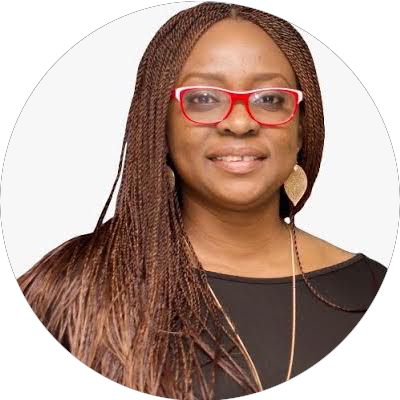 Titi Akinsanmi has spent the last two decades discerning what, which, and how public policies are needed for an innovating and thriving digital economy, harnessing its opportunities while mediating emerging tensions. She will spend her time as a fellow thinking, convening, and writing on the digital economy — more specifically, the socio-cultural intersections between privacy, AI and 'developing economies.'
Titi Akinsanmi has spent the last two decades discerning what, which, and how public policies are needed for an innovating and thriving digital economy, harnessing its opportunities while mediating emerging tensions. She will spend her time as a fellow thinking, convening, and writing on the digital economy — more specifically, the socio-cultural intersections between privacy, AI and 'developing economies.'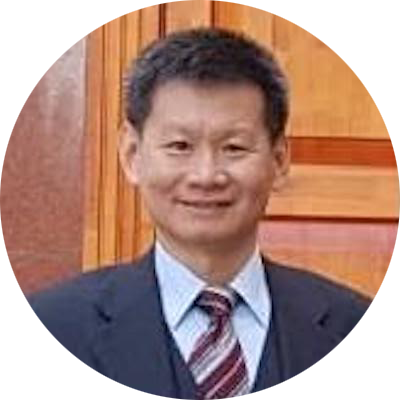 Ying-Hung Chou is a prosecutor in the Taiwan High Prosecutors Office Taichung Branch and former Chief Secretary of the Academy for the Judiciary. His research will focus on how to obtain admissible computer evidence and comparative evidence codes in the digital age.
Ying-Hung Chou is a prosecutor in the Taiwan High Prosecutors Office Taichung Branch and former Chief Secretary of the Academy for the Judiciary. His research will focus on how to obtain admissible computer evidence and comparative evidence codes in the digital age.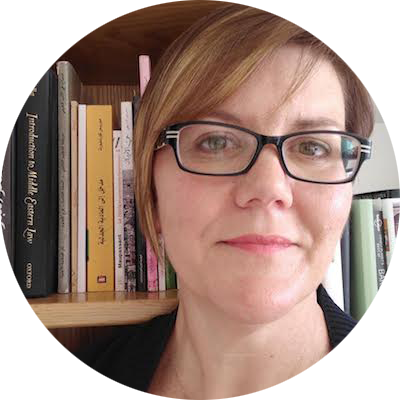 Jessica Dheere is founder and executive director of SMEX, a digital rights research and advocacy organization based in Beirut, Lebanon. She will continue the development of a community-driven legal data resource that enables quick, comparative, visual analysis of law and jurisprudence related to digital rights from all over the world.
Jessica Dheere is founder and executive director of SMEX, a digital rights research and advocacy organization based in Beirut, Lebanon. She will continue the development of a community-driven legal data resource that enables quick, comparative, visual analysis of law and jurisprudence related to digital rights from all over the world.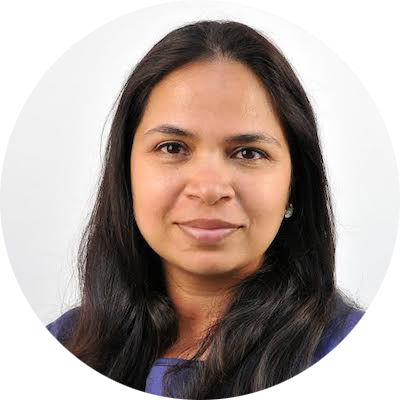 Padmashree Gehl Sampath is a leading expert on trade policy, innovation policy, and economic development who works at the United Nations in Geneva and is an Adjunct Professor at the University of Aalborg, Denmark. Her work will focus on the social and developmental implications of technological change in the digital economy and how national and international institutions can respond to it.
Padmashree Gehl Sampath is a leading expert on trade policy, innovation policy, and economic development who works at the United Nations in Geneva and is an Adjunct Professor at the University of Aalborg, Denmark. Her work will focus on the social and developmental implications of technological change in the digital economy and how national and international institutions can respond to it.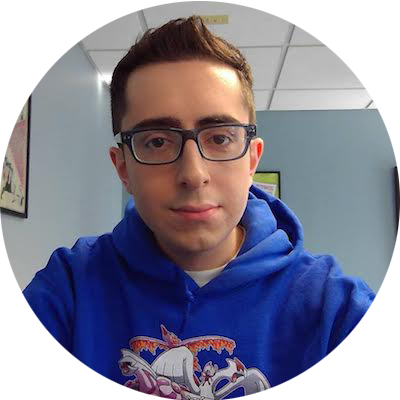 Nicholas-Brie (Nick-Brie) Guarriello is a Ph.D. Candidate in Feminist Studies at the University of Minnesota. They will examine how social media platforms like YouTube, Twitter, and Patreon promote gig economies for creative workers in the Pokémon franchise and how aforesaid economies interact with race, gender, dis/ability, and class.
Nicholas-Brie (Nick-Brie) Guarriello is a Ph.D. Candidate in Feminist Studies at the University of Minnesota. They will examine how social media platforms like YouTube, Twitter, and Patreon promote gig economies for creative workers in the Pokémon franchise and how aforesaid economies interact with race, gender, dis/ability, and class.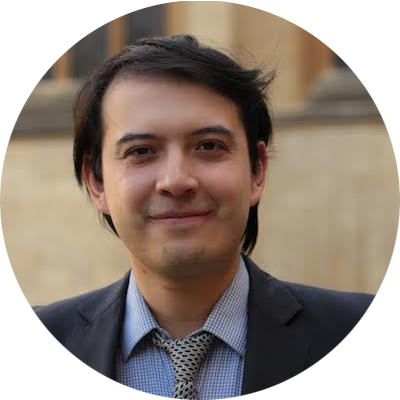 Armando Guio is a lawyer from Colombia who attended Harvard Law School (LL.M.‘16) and Oxford University (MPP ’18). He will research the impact of the latest technologies related to artificial intelligence and robotics in developing countries, and the ethical and regulatory challenges in these countries, with a focus on the protection of privacy rights.
Armando Guio is a lawyer from Colombia who attended Harvard Law School (LL.M.‘16) and Oxford University (MPP ’18). He will research the impact of the latest technologies related to artificial intelligence and robotics in developing countries, and the ethical and regulatory challenges in these countries, with a focus on the protection of privacy rights.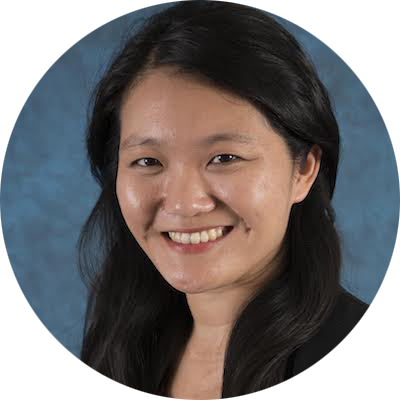 Rachel Han is the Director of Business Development for OpenDataSoft. Within the IoT and Smart City space, she hopes to explore two topics: 1) distribution and re-use of public data for inclusive economic development; and 2) how local, digital governments balance privacy and public safety.
Rachel Han is the Director of Business Development for OpenDataSoft. Within the IoT and Smart City space, she hopes to explore two topics: 1) distribution and re-use of public data for inclusive economic development; and 2) how local, digital governments balance privacy and public safety.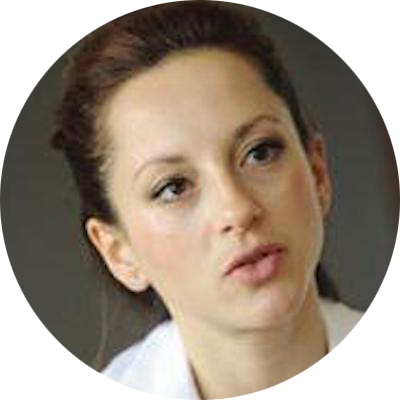 Velislava Hillman is a Ph.D. graduate from the University of Westminster, researching children’s perspectives on what they learn and create with digital media technologies in and outside of school. She will focus on developing platforms based on decentralised technologies that enable children to take an active part in shaping education.
Velislava Hillman is a Ph.D. graduate from the University of Westminster, researching children’s perspectives on what they learn and create with digital media technologies in and outside of school. She will focus on developing platforms based on decentralised technologies that enable children to take an active part in shaping education.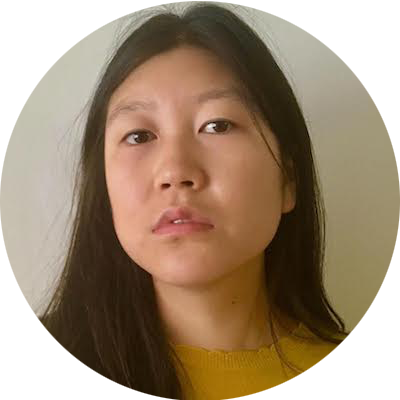 Lily Hu is a Ph.D. candidate in Applied Mathematics at Harvard University who splits her time between working in the fields of algorithmic fairness and machine learning and thinking and writing about the philosophy and politics of artificial intelligence. She will study the role of algorithmic systems as resource distribution mechanisms with a focus on how their design, adoption, and deployment bear on matters of distributive justice.
Lily Hu is a Ph.D. candidate in Applied Mathematics at Harvard University who splits her time between working in the fields of algorithmic fairness and machine learning and thinking and writing about the philosophy and politics of artificial intelligence. She will study the role of algorithmic systems as resource distribution mechanisms with a focus on how their design, adoption, and deployment bear on matters of distributive justice.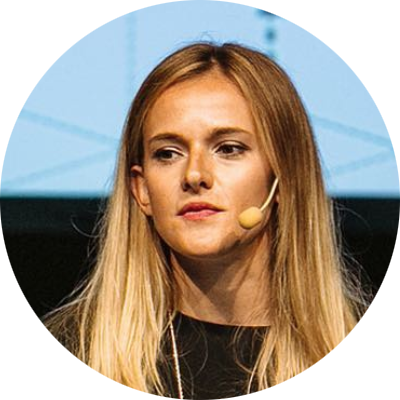 Dragana Kaurin is a human rights researcher and founder of The Localization Lab, an organization that facilitates localization and user feedback between developers and end users. She will focus her research on developing a collaborative user framework for local partners to provide usability and technical feedback directly to developers of civic tech tools — such as circumvention technology, and digital security and privacy tools — in order to better identify unmet user needs and foster the norm of building technology with end users, not just for them.
Dragana Kaurin is a human rights researcher and founder of The Localization Lab, an organization that facilitates localization and user feedback between developers and end users. She will focus her research on developing a collaborative user framework for local partners to provide usability and technical feedback directly to developers of civic tech tools — such as circumvention technology, and digital security and privacy tools — in order to better identify unmet user needs and foster the norm of building technology with end users, not just for them.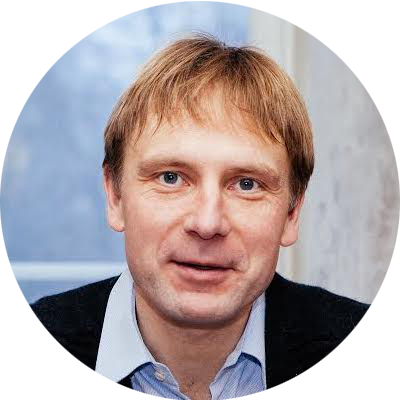 Eerik-Niiles Kross will bridge his intelligence, defense and parliamentary experience with academic studies — in history, law, and politics — to develop a new Playbook to navigate and address the intensifying hybrid campaigns to disrupt and undermine democratic institutions and practices throughout the West.
Eerik-Niiles Kross will bridge his intelligence, defense and parliamentary experience with academic studies — in history, law, and politics — to develop a new Playbook to navigate and address the intensifying hybrid campaigns to disrupt and undermine democratic institutions and practices throughout the West.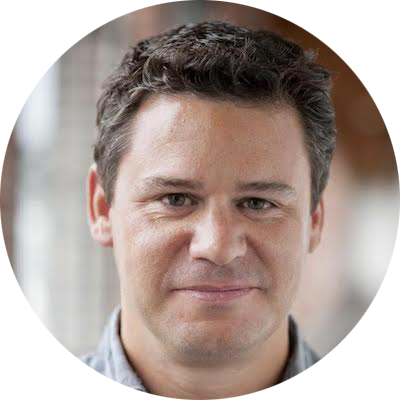 Jim Lucchese, former CEO of The Echo Nest and Global Head of Creator at Spotify when Spotify acquired the company in 2014, will take a market-centric approach to examining how new technologies are changing artistic collaboration.
Jim Lucchese, former CEO of The Echo Nest and Global Head of Creator at Spotify when Spotify acquired the company in 2014, will take a market-centric approach to examining how new technologies are changing artistic collaboration. Momin Malik is a recent Ph.D. graduate from Carnegie Mellon University. A former Berkman Klein Center research assistant, he is returning as a data science postdoctoral fellow, where he will support the Center’s ongoing data initiatives, serving as a bridge between social and computer science, and pursuing a commitment to critical data analysis.
Momin Malik is a recent Ph.D. graduate from Carnegie Mellon University. A former Berkman Klein Center research assistant, he is returning as a data science postdoctoral fellow, where he will support the Center’s ongoing data initiatives, serving as a bridge between social and computer science, and pursuing a commitment to critical data analysis.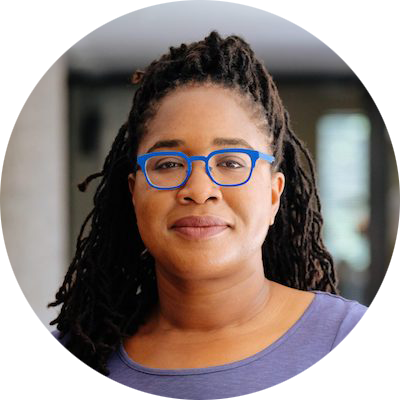 Jasmine McNealy, an attorney and Assistant Professor of Telecommunication at the University of Florida’s College of Journalism and Communications, will examine the rise in community-based surveillance literacy and anti-surveillance advocacy groups, focusing on the cultural, political, behavioral, and legal factors that shape their strategies and tactics.
Jasmine McNealy, an attorney and Assistant Professor of Telecommunication at the University of Florida’s College of Journalism and Communications, will examine the rise in community-based surveillance literacy and anti-surveillance advocacy groups, focusing on the cultural, political, behavioral, and legal factors that shape their strategies and tactics.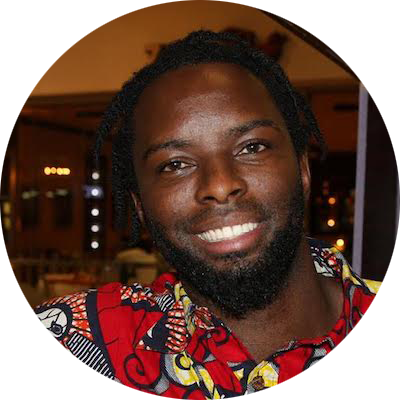 Sabelo Mhlambi is a computer scientist interested in creating accessible tools to improve the intelligence of machines and the sharing of digital data while preserving the rights to privacy and anonymity. He will explore offline networks, encryption, and the relationship between bias in AI and the accessibility of AI.
Sabelo Mhlambi is a computer scientist interested in creating accessible tools to improve the intelligence of machines and the sharing of digital data while preserving the rights to privacy and anonymity. He will explore offline networks, encryption, and the relationship between bias in AI and the accessibility of AI.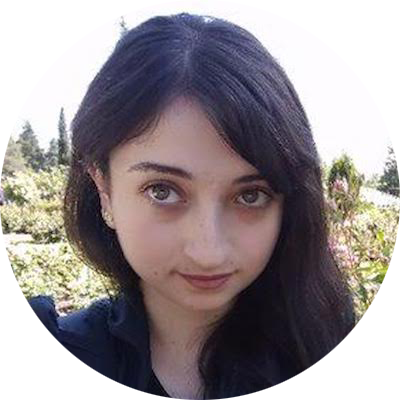 Yomna Nasser is a software engineer and mathematician. She is interested in cryptography and privacy and will research various forms of cell phone surveillance.
Yomna Nasser is a software engineer and mathematician. She is interested in cryptography and privacy and will research various forms of cell phone surveillance.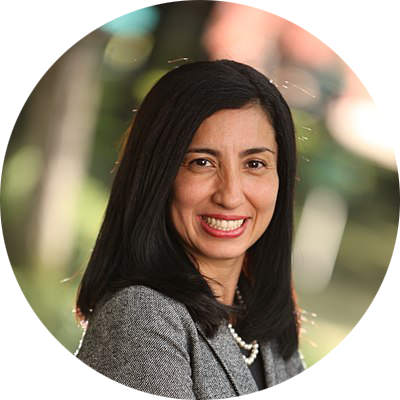 Paola Ricaurte is an Associate Professor in the School of Humanities and Education at Tecnológico de Monterrey and the Director of Openlabs, a think & do tank devoted to the study of digital culture and social transformation from a critical, feminist, and decolonial perspective. She will explore the link between feminism and technology through the lenses of hackfeminist collectives in Latin America.
Paola Ricaurte is an Associate Professor in the School of Humanities and Education at Tecnológico de Monterrey and the Director of Openlabs, a think & do tank devoted to the study of digital culture and social transformation from a critical, feminist, and decolonial perspective. She will explore the link between feminism and technology through the lenses of hackfeminist collectives in Latin America.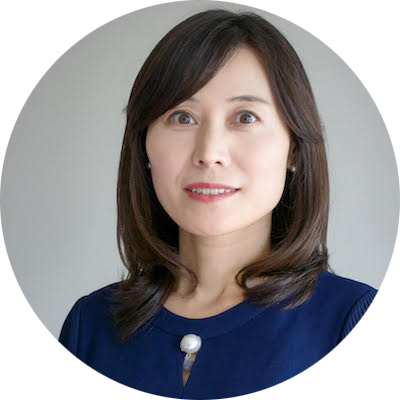 Hyunjin Seo is an Associate Professor of Strategic Communication and Docking Faculty Scholar at the University of Kansas teaching and researching areas such as social media, strategic communication, and collective action. She will work on theory building and empirical research on how social collaborative networks, facilitated by digital communication technologies, affect social change at local, national, and international levels.
Hyunjin Seo is an Associate Professor of Strategic Communication and Docking Faculty Scholar at the University of Kansas teaching and researching areas such as social media, strategic communication, and collective action. She will work on theory building and empirical research on how social collaborative networks, facilitated by digital communication technologies, affect social change at local, national, and international levels.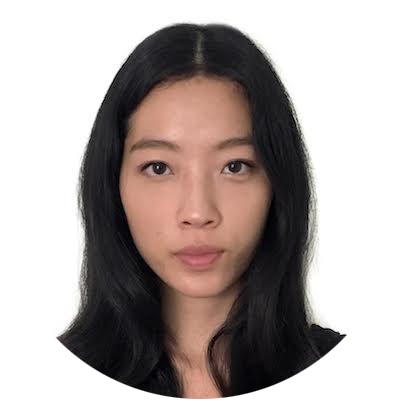 Mindy Seu is a designer at Harvard’s Graduate School of Design, researcher at metaLAB, and former fellow at the Internet Archive whose work focuses on public engagement with digital archives. She will research the use and regulation of these online spaces, the social implications of interfaces, and alternative methods of distribution.
Mindy Seu is a designer at Harvard’s Graduate School of Design, researcher at metaLAB, and former fellow at the Internet Archive whose work focuses on public engagement with digital archives. She will research the use and regulation of these online spaces, the social implications of interfaces, and alternative methods of distribution.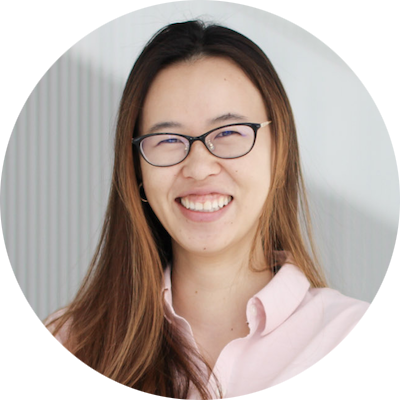 Amy X. Zhang is a Computer Science Ph.D. candidate at MIT, conducting research on social computing and human-computer interaction. She will study and develop end-user tools for improving online discourse that empower users to identify misinformation, combat harassment, and better manage their social information and experiences.
Amy X. Zhang is a Computer Science Ph.D. candidate at MIT, conducting research on social computing and human-computer interaction. She will study and develop end-user tools for improving online discourse that empower users to identify misinformation, combat harassment, and better manage their social information and experiences.Additionally, the Center will host a Nieman-Berkman Klein Fellow in Journalism Innovation in conjunction with the Nieman Foundation for Journalism at Harvard University.
Joining as faculty associates:
Solon Barocas, Fran Berman, Finale Doshi-Velez, Casey Fiesler, Laura Forlano, Eileen Le Han, Woodrow Hartzog, and Sarah J. Jackson.
Joining as affiliates:
The Berkman Klein Center remains proud of and grateful to the following returning community members who will retain affiliations in the coming year.
Returning as fellows:
Returning as faculty associates:
Returning as affiliates:
Returning as the Fellows Advisory Board:
About the Berkman Klein Center